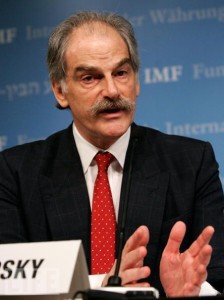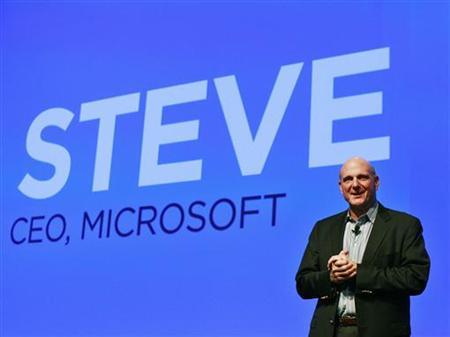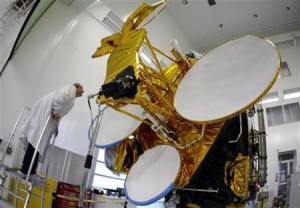Germany’s finance minister says Europe will decide soon on a common candidate as its choice to lead the IMF. “We need a common European candidate and we are looking for the one who is best qualified and has the best chance,” said Wolfgang Schaeuble. A division has opened between the developed and developing world over who should replace Dominique Strauss-Kahn, who has resigned. Emerging powers are keen to break Europe’s traditional hold on the post. Mr Strauss-Kahn stepped down after being charged with sexual assault and attempted rape, charges he denies. He is expected to leave jail on bail later on Friday and be placed under round-the-clock house arrest.
Proposal
Mr Strauss-Kahn was the fourth Frenchman to have held the IMF’s top job. Another French national, finance minister Christine Lagarde, is seen as the favourite to be the next IMF managing director, and has been praised for her credentials by the interim head of the IMF, John Lipsky, the Italian government, the Swedish finance minister and Jean-Claude Juncker, who chairs the eurozone committee of finance ministers. Germany has not put forward any suggested candidate and Mr Schaeuble said it had “not given up on presenting a candidate of its own”, but he said it was in favour of European countries taking a joint decision on whom to present.
The country’s chancellor, Angela Merkel, suggested that Ms Lagarde would be an acceptable choice, telling a Berlin news conference: “Among the names mentioned for the IMF succession is French Minister Christine Lagarde, whom I rate highly.”
European leaders are thought to be eager to decide on a mutually acceptable choice ahead of a summit of the G8 next week in Paris.
Power shift
In order to be considered for the role of managing director of the IMF individuals must be proposed by one of its 187 member countries. The appointment is made by the organisation’s 24-member executive board. Aside from Ms Lagarde, a number of other European names are being mooted as possible candidates, including the former UK prime minister, Gordon Brown, who played a prominent global role during the financial crisis.
He will have to get backing from elsewhere as the current UK prime minister has indicated that he will not propose Mr Brown.
The former UK prime minister is on a visit to South Africa, but he said he was not there “to pitch for a job”.
“Any candidate to head the IMF needs to be appointed on merit,” Mr Brown told BBC News.
The US has not yet indicated who it might favour. Europe, together with the US, have almost 50% of the votes and have followed unwritten agreement to vote together, something that has meant all 10 of the IMF’s managing directors have been European. That is something that many believe is no longer appropriate as the balance of economic power shifts to the developing world.
The head of the Organisation for Economic Cooperation and Development, Angel Gurria, said on Friday: “It’s time to change something which is a tradition, not a rule or a law.”
South Africa, Thailand and Russia have all also said the new head should come from the developing world.
Singapore’s finance minister, Tharman Shanmugaratnam, has attracted support from both the Philippine finance minister and his Thai counterpart.
Another potential candidate from developing countries is South Africa’s Finance Minister, Trevor Manuel.
However, Turkey’s former Minister of Economic Affairs, Kemal Dervis, who was accredited with saving the country from a financial crisis in 2001, has ruled himself out of contention.
Because of his nationality, Mr Dervis had been seen as a compromise candidate between Europe and developing countries. No individual has yet said they are interested in the job. Ms Lagarde herself has not expressed an interest, but has backed the single candidate idea, saying that “any candidacy, whichever it is, must come from Europeans jointly, all together”.
Consensus decision
The IMF was formed in 1944 and is a crucial part of the world financial system, along with the World Bank. It represents the interests of its 187 member countries and has played a central role in the eurozone crisis, lending billions of dollars to help bail-out Greece, Ireland and Portugal.
For this reason many senior politicians in Europe have said they believe the next head of the IMF should hold a European passport.
Interviewed by the BBC’s economics editor, Stephanie Flanders, Mr Lipsky, who was Mr Strauss-Kahn’s deputy until stepping up as interim head, would not be drawn on the battle that is emerging between central European and emerging economies over who should get the top job. “This is an institution that works best in a collaborative, co-operative way. Most decisions are taken by consensus at the level of the executive board. “So I’d expect, in the end, there will be general agreement around a talented, effective, new managing director.”
Possible IMF successors
Source : BBC NEWS














































